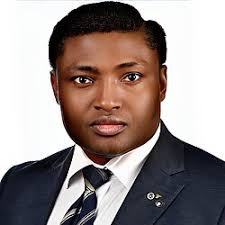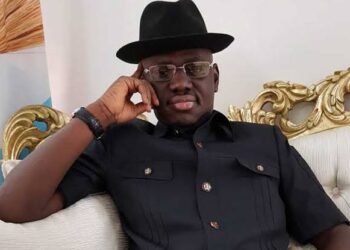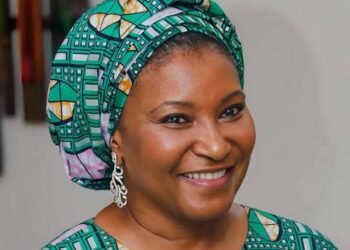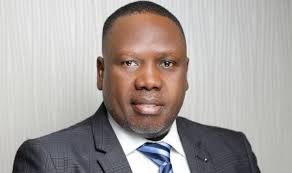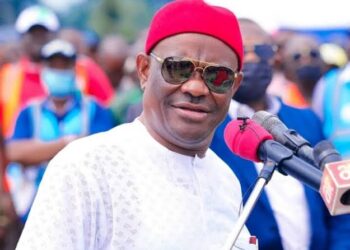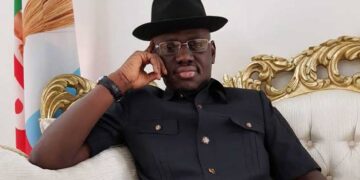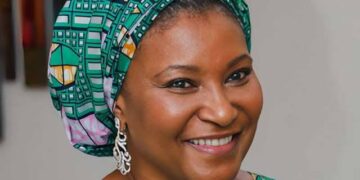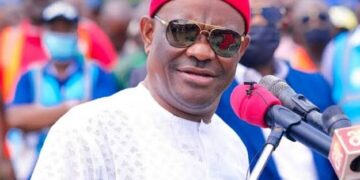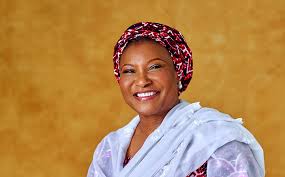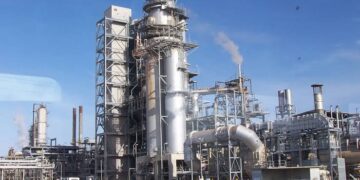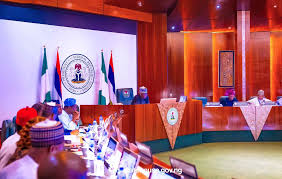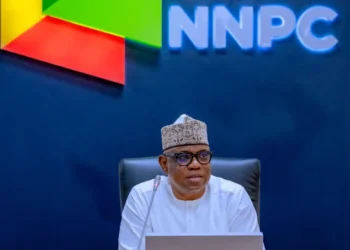A man who was named by the Finnish media as Simon Ekpa, the leader of a Nigerian separatist group, was accused by authorities on Friday of encouraging terrorism online.
The self-declared leader of IPOB, Ekpa, is advocating for the independence of the southeast region of Nigeria, which saw a brutal civil war in the late 1960s.
“A Finnish individual in a case involving suspected public incitement to commit crimes with terrorist intent and participation in the activities of a terrorist group” is the charge that Finland’s National Prosecution Authority announced in a statement.
It further stated that the suspect’s attempts to make Nigeria’s Biafra region an independent state were connected to the alleged crimes, which were conducted in the city of Lahti between 2021 and 2024.
The accused was identified by Finnish public radio YLE as separatist leader Simon Ekpa, although the prosecution authority did not provide his identity.
In November, Ekpa, who says he is the head of the administration of the Biafra Republic in exile, was arrested.
The accused rejected the charges and remained in detention, according to the prosecution authority.
Ekpa is known as a self-proclaimed leader of a faction of the Indigenous People of Biafra (IPOB), which is pushing for the independence of Nigeria’s southeast, where a bloody civil war was fought in the late 1960s.
The dual Finnish-Nigerian national has also been a local representative for Finland’s conservative National Coalition Party in the city of Lahti, north of Helsinki, where he has served on a public transport committee.
On suspicion of funding Ekpa’s operations, Finnish authorities asked that four additional individuals be placed under remand in detention at the time of Ekpa’s arrest.
Due to a lack of evidence, the prosecutor decided to drop charges against four other people in the case, the prosecuting authorities announced on Friday.
Due to the incorrect statements and misinformation he made throughout his independence campaign, Ekpa has been the focus of multiple fact checks by AFP in recent years.


